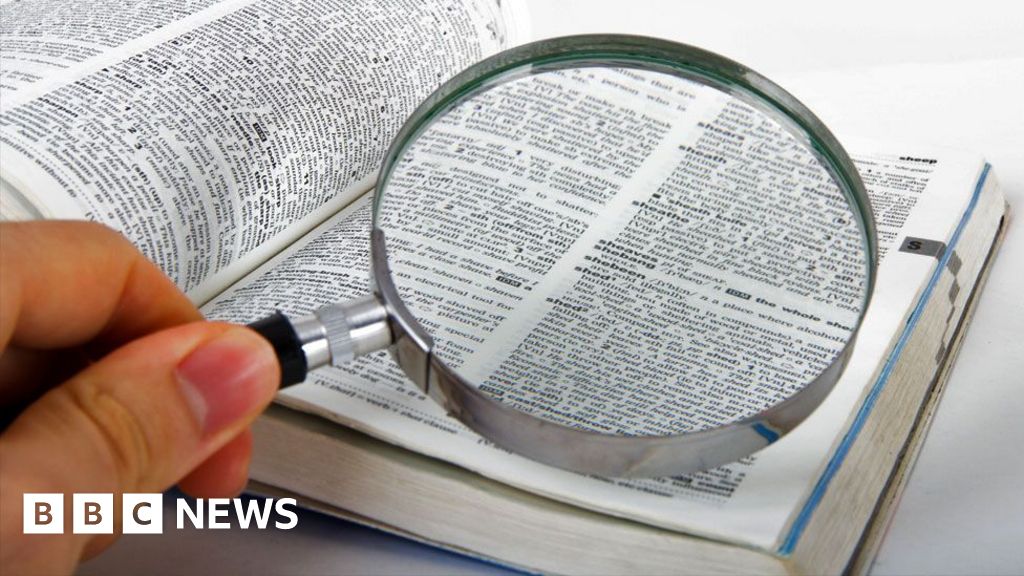
The English language is constantly evolving, and internet culture is playing a pivotal role in this transformation. This year, the Cambridge Dictionary has added over 6,000 new words, many of which have been influenced by social media trends, remote working, and pop culture. From viral terms like ‘skibidi’ to workplace slang such as ‘mouse jiggler,’ these additions reflect the ever-changing way we communicate and interact in the digital age.
What is ‘Skibidi’?
‘Skibidi’ refers to a gibberish term popularized by a viral animated YouTube series called Skibidi Toilet. The series, which features quirky videos, caught the world’s attention and even inspired celebrities like Kim Kardashian to embrace the trend. In fact, Kardashian showcased her engraved ‘Skibidi Toilet’ necklace on Instagram, solidifying its place in pop culture. The term’s origins can also be linked to the Russian band Little Big, whose 2018 hit track ‘Skibidi’ and corresponding dance skyrocketed to fame, garnering over 700 million views online.
Understanding the New Internet Slang
Other popular social media-driven slang terms added to the Cambridge Dictionary include:
- Delulu: A playful abbreviation of ‘delusional,’ typically used to describe someone who strongly believes in something unrealistic or untrue.
- Tradwife: Short for ‘traditional wife,’ this term describes married women who focus on household chores and family duties while embracing a vintage-inspired lifestyle.
These terms, along with many others, highlight how online platforms and viral trends are reshaping the English lexicon, capturing the cultures and conversations of the digital world.
Remote Work’s Influence on New Language
Since the rise of remote working post-pandemic, workplace-related terms have also found their way into the dictionary. For instance, ‘mouse jiggler’ refers to devices or software designed to simulate mouse movements, creating the appearance of constant activity on work systems. Similarly, phrases like ‘work wife’ and ‘work spouse’ have been added to describe close, trusted work relationships.
New Composite Words Reflecting Modern Power Dynamics
The Cambridge Dictionary has also added inventive composite words like ‘broligarchy,’ which fuses ‘bro’ and ‘oligarchy’ to describe a small group of influential, wealthy men in tech industries seeking political or social clout. Used to describe figures like Elon Musk, Jeff Bezos, and Mark Zuckerberg, this term perfectly captures the complex power structures of the modern world.
Why These Words Matter
According to Colin McIntosh, Lexical Programme Manager at Cambridge Dictionary, only words with long-term relevance are selected. Social media, pop culture, and evolving work trends are shaping the way we express ourselves, making it vital to document these changes for future generations.
Product Spotlight: Stay Ahead of the Trend
Want to stay updated on the latest trends and word origins? Consider purchasing the Cambridge Advanced Learner’s Dictionary, available in both paperback and digital editions. Ideal for students, language enthusiasts, and content creators, this comprehensive resource keeps you informed about the ever-evolving English language.
As internet culture continues to shape how we communicate, it’s fascinating to see how the English language expands to include slang, workplace jargon, and social trends. Stay tuned as new words and phrases make their way into mainstream use, reflecting our rapidly evolving digital landscape.



